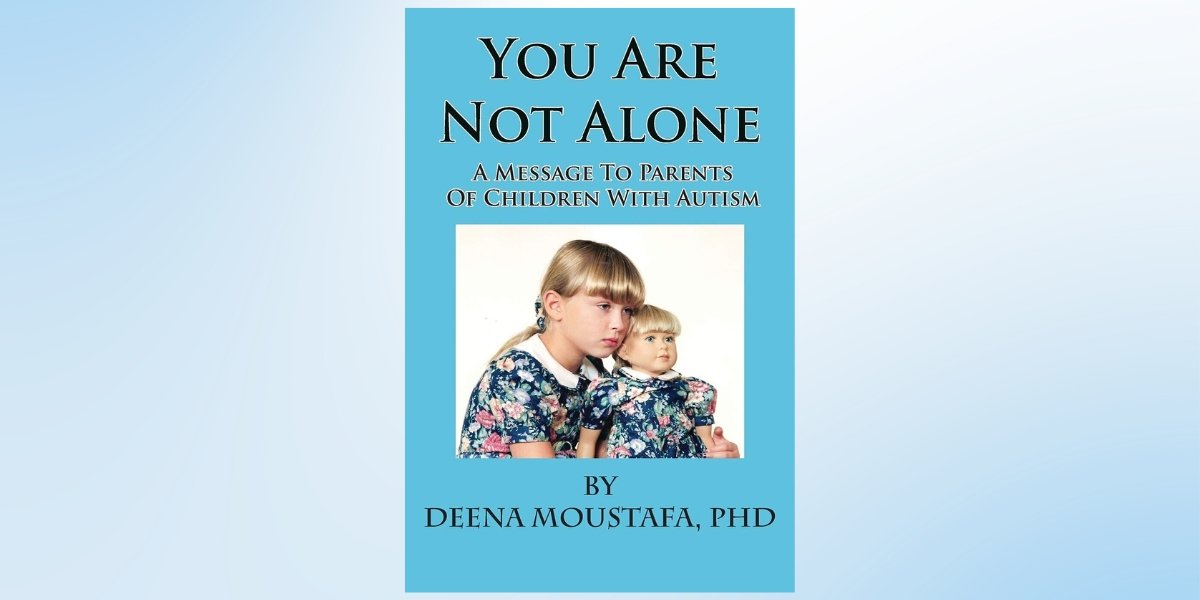Trigger awareness plays a significant role in the development of emotional intelligence. Understanding what causes emotional reactions can pave the way for individuals to better manage their emotions and responses in various situations. By recognizing these triggers, people are better able to navigate personal and professional relationships with more control and understanding.
Read also: Emotional Wellness: The Key to a Balanced and Fulfilling Life
What Is Trigger Awareness and Why Is It Important?
Trigger awareness refers to the ability to recognize and understand the emotional responses that arise when certain events or actions provoke specific feelings. These emotional reactions, often unconscious, may stem from past experiences or deeply held beliefs. When someone becomes aware of their emotional triggers, they gain an opportunity to pause and consider their reaction, leading to a more thoughtful and measured response.
Without trigger awareness, it is easy for individuals to react impulsively to certain situations, potentially leading to misunderstandings or conflicts. Emotional responses that seem disproportionate to a given situation are often signs of an underlying trigger. By becoming more attuned to these emotional shifts, individuals can manage their feelings in healthier ways, contributing to emotional maturity and better decision-making.
How Trigger Awareness Can Improve Self-Awareness
Self-awareness is one of the first steps in developing emotional intelligence. It involves understanding one’s emotions, recognizing how they influence thoughts and actions, and acknowledging the impact they have on others. Trigger awareness is key to improving self-awareness, as it allows people to notice when their emotional responses are being activated.
For example, if someone feels frustrated during a meeting, recognizing that the frustration might be linked to a deeper issue, such as feeling unheard or undervalued, can help them understand their emotions better. This awareness helps shift the focus from the immediate emotional reaction to an investigation into why that reaction occurred in the first place. By noticing and reflecting on these moments, individuals can identify patterns in their emotional responses, leading to greater self-awareness over time.
The Role of Trigger Awareness in Self-Regulation
Self-regulation is the ability to control one’s emotions and behaviors, especially in difficult situations. This is an essential aspect of emotional intelligence, as it allows people to respond appropriately rather than impulsively. Trigger awareness enhances self-regulation by giving individuals the opportunity to notice their emotional responses before they escalate.
For example, in a stressful situation, such as a tight deadline, someone who has developed trigger awareness may recognize the early signs of anxiety—racing thoughts, tight muscles, or a quickened heartbeat. This early recognition provides them with the chance to take a step back, breathe, and refocus, rather than allowing the anxiety to affect their behavior negatively. Over time, the ability to notice and manage emotional reactions improves, leading to better control over one’s actions.
Enhancing Empathy Through Trigger Awareness
Empathy, the ability to understand and share the feelings of others, is a crucial component of emotional intelligence. Trigger awareness not only helps individuals understand their own emotional responses, but it can also enhance their ability to empathize with others. When someone is aware of their own triggers, they are more likely to recognize similar patterns in others.
In conversations, for example, if someone reacts defensively, a person with trigger awareness may recognize that the reaction is likely tied to an emotional trigger, such as feeling judged or misunderstood. Rather than assuming the person is being combative, they may approach the situation with greater understanding, which can lead to more compassionate and productive interactions.
How to Develop Trigger Awareness
Developing trigger awareness takes time and practice. Individuals can begin by paying closer attention to their emotions during interactions, especially when they experience strong reactions. Keeping track of these moments and reflecting on them afterward can help uncover patterns in emotional responses. Journaling about emotional experiences may also reveal underlying triggers that were not initially apparent.
Mindfulness practices, such as meditation or deep breathing exercises, can aid in enhancing emotional awareness. These practices help individuals become more attuned to their thoughts and feelings in the present moment, making it easier to notice emotional shifts when they occur. Over time, mindfulness encourages individuals to respond to situations thoughtfully, rather than reacting impulsively to emotions.
Another key element in developing trigger awareness is being open to feedback from others. Conversations with trusted friends or colleagues may reveal aspects of one’s emotional reactions that had previously gone unnoticed. This feedback can offer valuable insights into potential triggers, helping individuals gain a more comprehensive understanding of their emotional landscape.
The Impact of Trigger Awareness on Relationships
Emotional intelligence plays a significant role in building and maintaining healthy relationships. Through trigger awareness, individuals can improve their interactions with others by managing their own emotions more effectively and responding with greater empathy. When someone is aware of their triggers, they are less likely to overreact or misinterpret others’ intentions, which leads to fewer conflicts and misunderstandings.
In personal relationships, for instance, being aware of emotional triggers can help individuals respond to conflicts with more patience and understanding. If one partner feels frustrated, they might recognize that the frustration is linked to a deeper feeling of insecurity, which helps them communicate more clearly and calmly. This awareness also prevents overreaction to minor issues, fostering a more peaceful and supportive environment.
In the workplace, trigger awareness is equally beneficial. It can help individuals navigate difficult conversations or disagreements without letting emotions take control. For instance, if a person feels defensive during a meeting, recognizing that this defensiveness is tied to an insecurity about their performance can allow them to remain calm and open to constructive criticism. This self-awareness fosters a positive and productive work environment.
Long-Term Benefits of Trigger Awareness
The long-term benefits of developing trigger awareness are significant. As individuals grow more adept at recognizing and understanding their emotional responses, they become better equipped to handle stress and adversity. Instead of being overwhelmed by emotions, they can manage them in a way that preserves their well-being and encourages personal growth.
For example, individuals who have cultivated trigger awareness often demonstrate greater emotional resilience. They are able to face challenges, setbacks, and difficult emotions with a sense of calm and perspective. This ability to manage emotions effectively leads to healthier relationships, better communication, and an overall greater sense of emotional stability.
Additionally, trigger awareness can contribute to personal growth. As individuals explore their emotional triggers and the reasons behind them, they can uncover deeper insights about themselves. This process of self-exploration can lead to improved self-esteem, greater confidence, and a better understanding of one’s values and needs.
Read also: From Likes to Loneliness: The Social and Emotional Impact of Social Media on Communication
Trigger Awareness as a Path to Emotional Intelligence
Trigger awareness is a powerful tool for developing emotional intelligence. By identifying emotional triggers and understanding their underlying causes, individuals can improve their self-awareness, self-regulation, and empathy. These improvements, in turn, enhance interpersonal relationships and contribute to personal growth.
As people continue to practice and refine their trigger awareness, they can better navigate the complexities of emotional life, making thoughtful decisions and fostering deeper connections with others. Over time, this leads to a more balanced, resilient, and emotionally intelligent approach to both personal and professional challenges.






